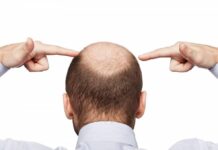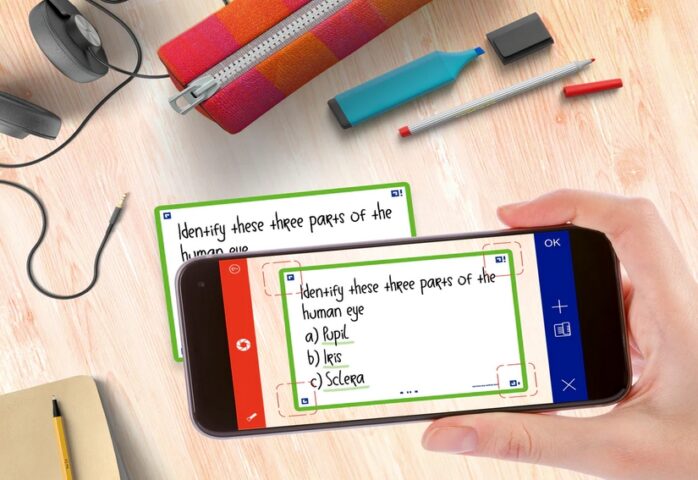
Finding an effective study method that works for you is essential to your academic career. Mastering material within your classes primarily requires time dedicated to memorizing your course information, which is not always simple.
Your memory can be improved using numerous study methods including chunking (breaking information into small bits), understanding what you are studying, teaching others the material, and reciting what you have learned aloud. Now, have you ever considered using flashcards?
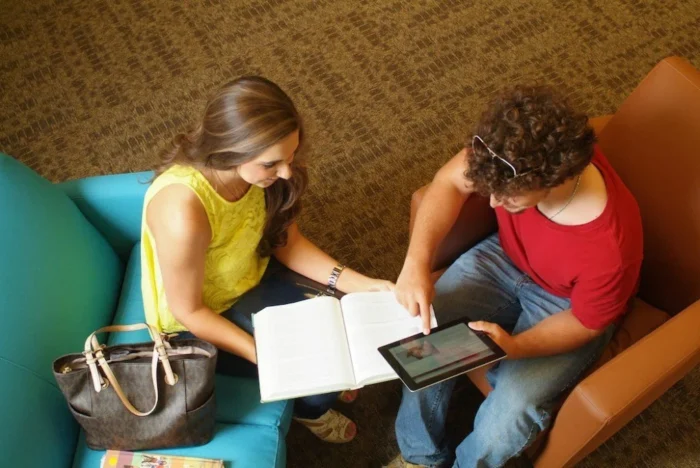
What are the benefits of using flashcards?
This is were most likely one of the first study techniques you were shown in elementary school, and remain extremely useful in college. They are compact note cards that are used to test and improve memory by practicing information retrieval. The prompt or question is placed on one side of the flashcard and the answer to the prompt or question is on the other side of the flashcard. This could include names, vocabulary, concepts, or procedures which all enable learners to interact with information in ways that improve retention.
In the past, paper flashcards were widely used while teaching as well as learning, but manually preparing these flashcards became a task in and of itself. The process feels like an inconvenience unless you are someone who prefers old-fashioned methods of using pen and paper. If you lack the time or motivation to create your own flashcards by hand, in today’s world digital flashcards will be your best friend. Digital flashcards are becoming increasingly popular as the EdTech industry evolves, as it is a well-liked technique that can help you create an abundance of flashcards in a matter of minutes. They are also available on a variety of EdTech platforms including Quizplus which is a free study tool that provides you with all the tools you need to create your own flashcards or to browse through thousands of premium flashcards in more than 30+ topics!
Active recall
Flashcards demonstrate success for students because they enhance your brain’s active recall, which is how memories are retrieved. A definition or the answer to a question is more likely to be stored in long-term memory when you practice actively retaining it after seeing it. When using them, regardless of whether you are studying business, nursing, psychology or any other collegiate major, you are subconsciously using your metacognition (awareness of one’s own thoughts). According to the level of confidence in your response while answering a question, metacognition occurs when you decide whether you need to review the questions again or if they have already been committed to your memory.
Digital things enable you to more efficiently implement spaced repetition; a memorization technique fostering your brain’s active recall through repeating more challenging flashcards and setting aside those which you feel you’ve mastered. This form of flashcards helps you move from one flashcard to the next as smoothly as possible.
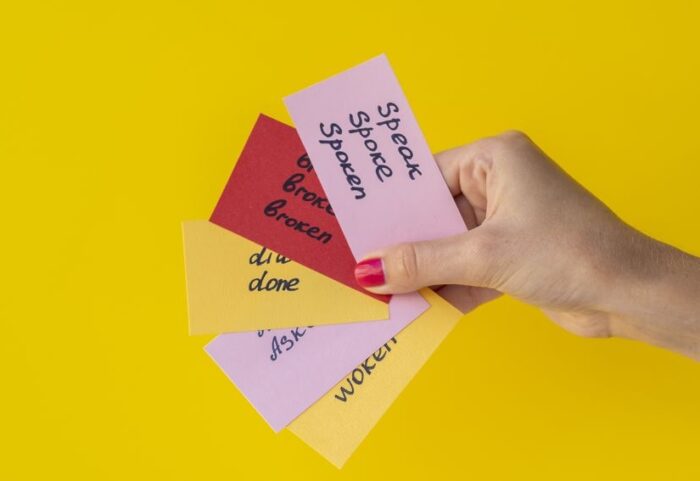
Boost your confidence
The more you review a concept, the better your memory of it will be. Repetition can be used to strengthen your memory of the required content when flashcards exist as separate entities. They can also be sorted into piles according to the frequency of which you need to review them. Later you can focus on studying the concepts you are the least confident about, and return to those which you are confident about for revision on occasion.
Digital flashcard categorization can even be used when you have trouble recalling information and don’t want to waste time sorting through them to find the ones you actually need to review. Simply study the concepts you don’t know as well in an efficient learning manner.
Self-testing
Previous studies have proven that testing is one of the best ways to learn and memorize, and flashcards are the most basic form of self-testing for most students. You may remember using physical flashcards in high school to learn a language or prepare for a test, but creating flashcards has never been easier or more organized all because of modern technology.
With digital things, you are able to repeat the answers and definitions to test how well you remember them. Once all crucial material has been stored in your memory, flip them over with ease and provide yourself with instant feedback to evaluate your level of understanding.
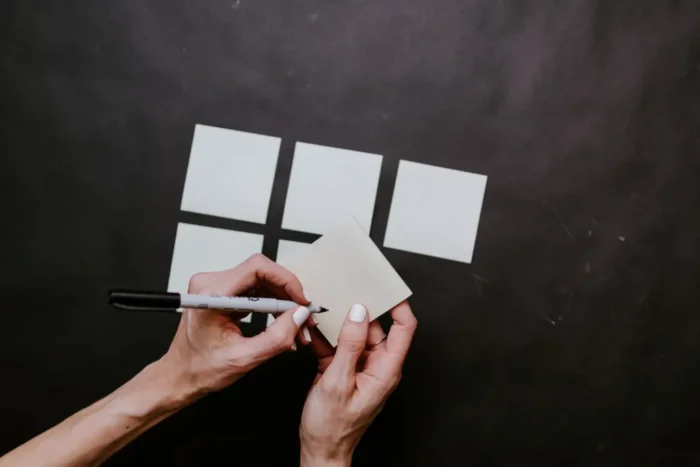
Visualization
All flashcards involve envisioning a match to the idea or term you’d like to recall. When using flashcards to learn something, such as a definition or an answer, you are developing a visual memory in the form of words. The combination of a definition and a visual depiction, provides your brain with two ways to recall the information: visually and verbally.
This memorization method is made simple with digital flashcards where you can not only rapidly type a question or key term on one side, and the answer or definition on the other, but also have the opportunity to quickly add any image of your choice.
Study at your own pace
You can bring your digital flashcards with you wherever you go, but you can’t bring a textbook. In other words, you can study wherever you have free time—on the bus or train if you commute, in the waiting room before an appointment with the doctor, at work during lunch, or even in the checkout line at the grocery store.
With digital flashcards, burnout can be avoided. Instead of studying for countless hours on end, brief study sessions spread throughout the day will help you to understand concepts better in the long run. Give yourself a break by reviewing a few flashcards during the week as opposed to committing your time to a lengthy study session. College students need time to socialize with friends, participate in organized events, and enjoy campus to maintain a healthy lifestyle.

Do college students really need flashcards?
The answer is definitely YES! Flashcards are extremely useful. They make you search through your memories for the correct answer, force you to evaluate how well you know something, and repeatedly encourage you to confront concepts you are unsure of. Flashcards can help you learn twice as efficiently as any other study method through active recall, spaced repetition, and visualization.





